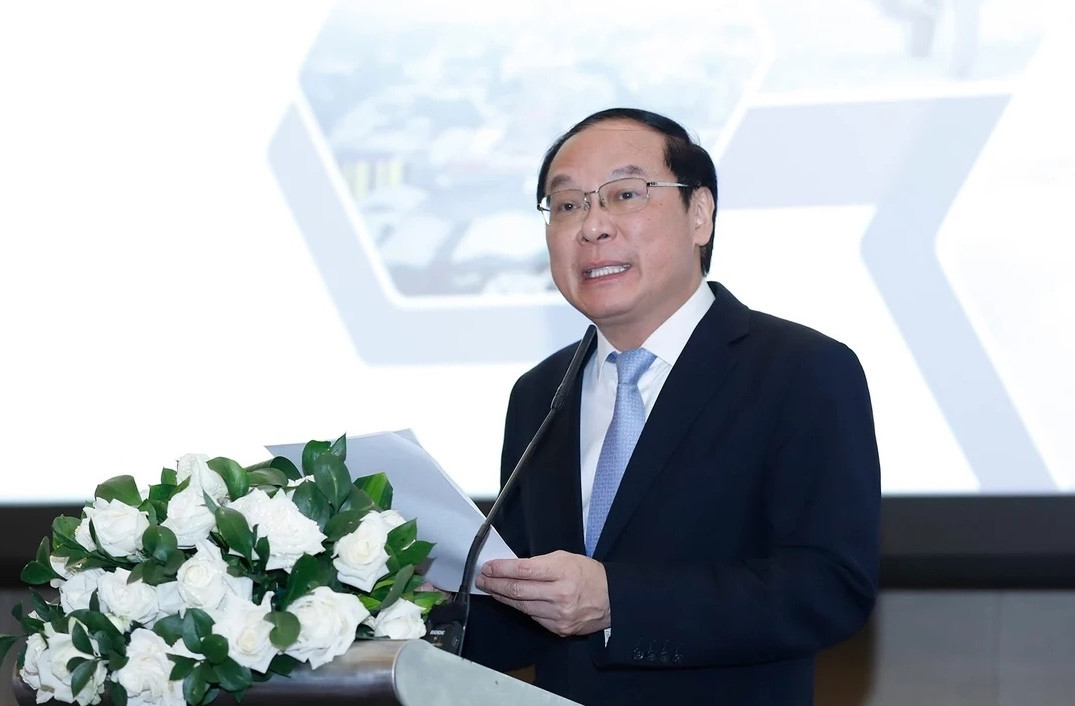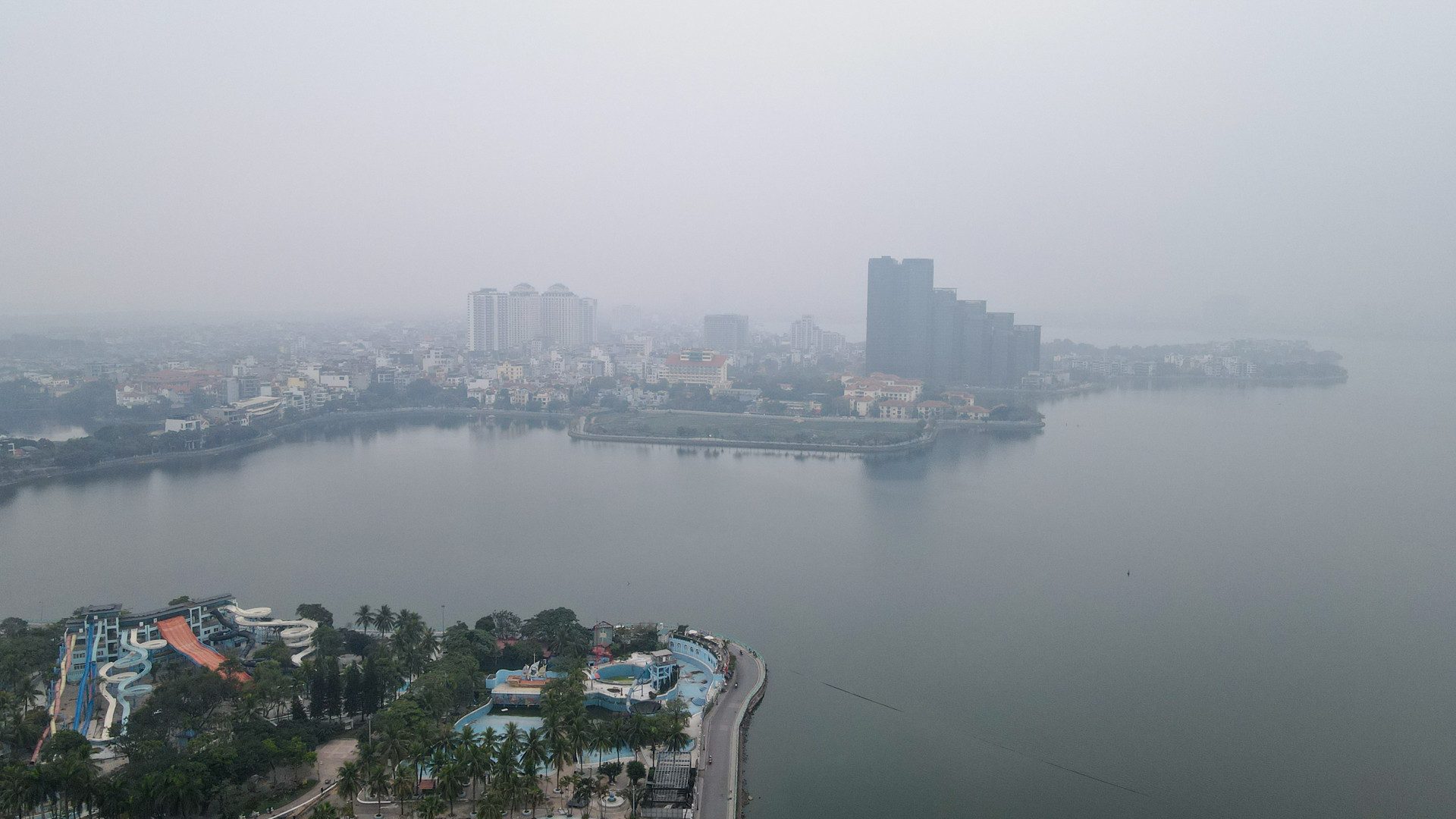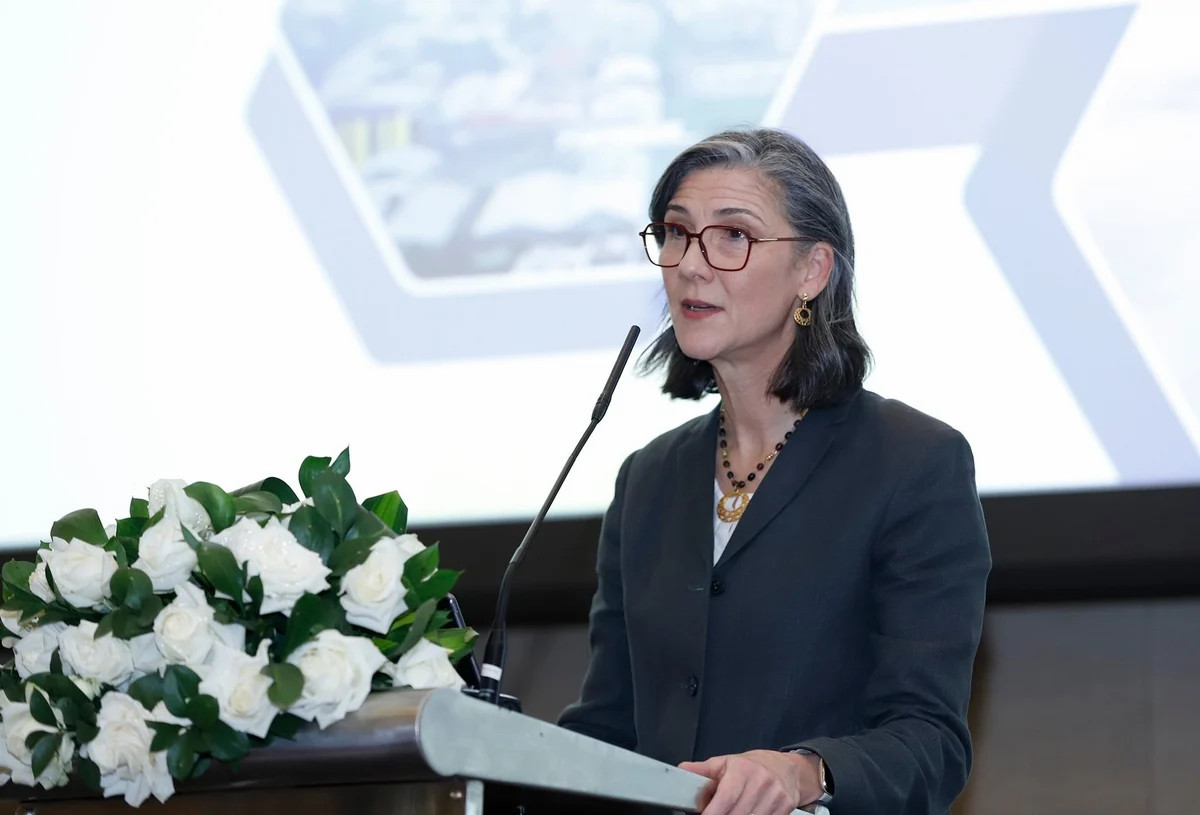Faced with worsening air quality and hazardous fine dust levels, Vietnam's Ministry of Agriculture and Environment is intensifying efforts to control pollution and will send a delegation to Beijing to study China’s experience in managing air pollution.

Speaking at the National Scientific Workshop on Air Quality Control and Improvement in Vietnam on May 24, Deputy Minister Le Cong Thanh acknowledged the alarming state of air pollution in major cities, which continues to deteriorate.
Air Quality Index (AQI) readings frequently range from moderate to poor. In particular, PM2.5 fine dust concentrations in Hanoi and Ho Chi Minh City regularly exceed national standards and are far higher than the levels recommended by the World Health Organization.
The problem has expanded beyond isolated incidents or seasonal patterns, becoming more widespread and persistent. The consequences are increasingly affecting public health, daily life, and Vietnam's socio-economic growth trajectory.
According to Deputy Minister Thanh, pollution originates from diverse sources, with key contributors including road traffic, uncontrolled urban construction, emissions from industrial zones, and the open burning of waste and straw.

Hanoi faces particularly severe conditions during the year-end and early months due to weather phenomena such as temperature inversions, low rainfall, and stagnant winds, which cause airborne particles to accumulate. Meanwhile, Ho Chi Minh City grapples with dense traffic and rapid industrialization. Natural factors and transboundary pollution are also being closely examined.
In response, the ministry is collaborating with relevant agencies to carry out a series of critical measures. These include developing an emissions inventory, implementing air quality modeling systems, and piloting 48-hour air pollution forecasts.
Additionally, the ministry is finalizing a national action plan for air quality control for the 2025–2030 period, with targeted interventions based on specific pollution sources.
Vietnam is also actively seeking international support. The Ministry of Agriculture and Environment is working with partners such as UNDP, ADB, World Bank, and UNEP to modernize its air monitoring network, adopt green technologies, and mobilize financial resources. A delegation will soon visit Beijing to learn from China’s air quality management practices.

Ramla Khalidi, UNDP Resident Representative in Vietnam, emphasized that air is life and pollution control must be a top priority. UNDP and WHO are supporting Vietnam in strengthening its data systems and governance capacity.
She stressed that tackling air pollution not only protects public health but also aligns with goals on climate change, green transition, and sustainable development.
Khalidi urged Vietnam to build a robust data foundation, upgrade monitoring systems, and formulate evidence-based policies. She also called for an inclusive, cross-sectoral strategy with unified national leadership and active societal engagement.
“A successful strategy requires cross-sector coordination, centralized direction, and participation from all levels of society. We must ensure that no one is left behind—especially vulnerable groups most affected by air pollution,” Khalidi said.
Vu Diep